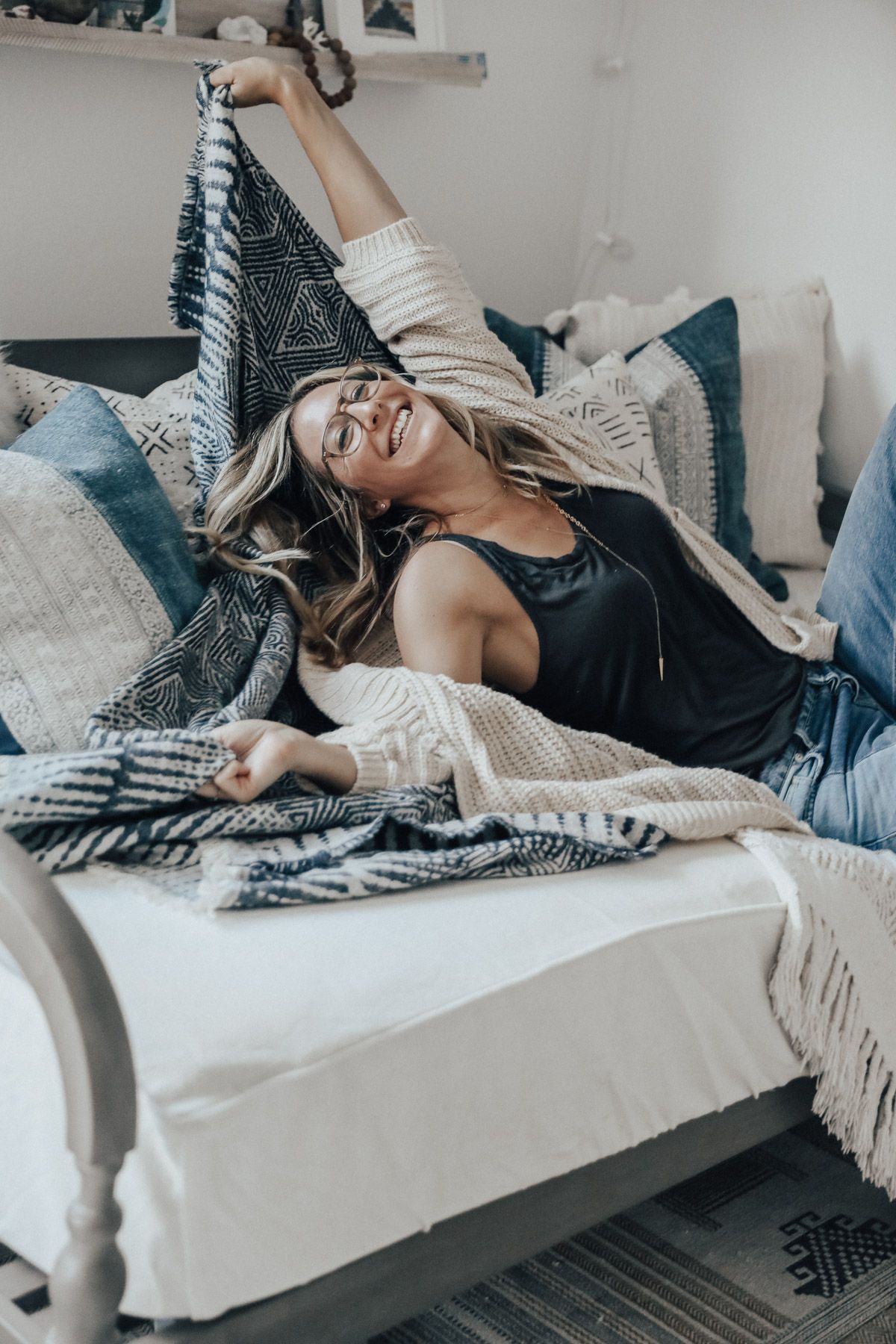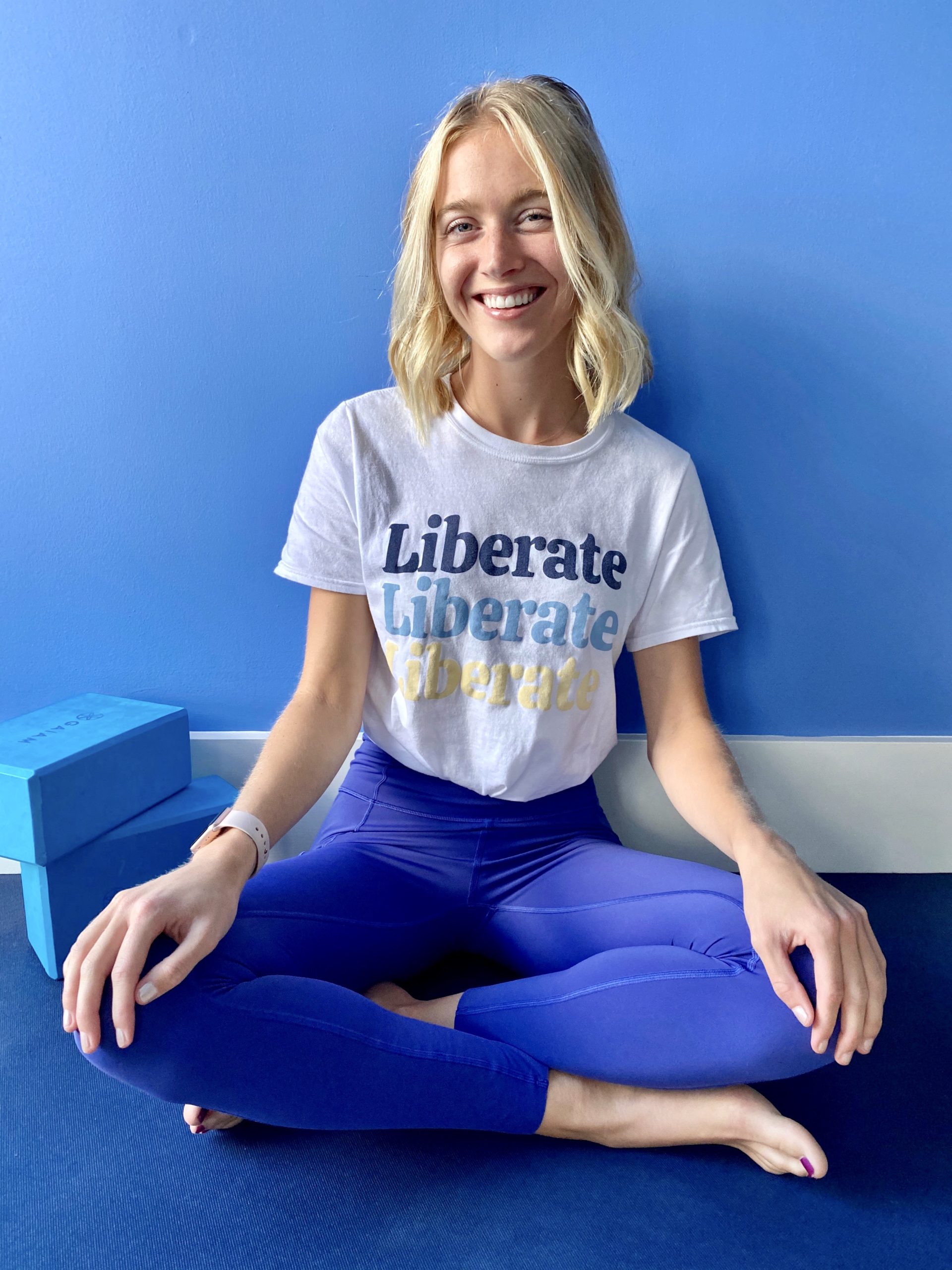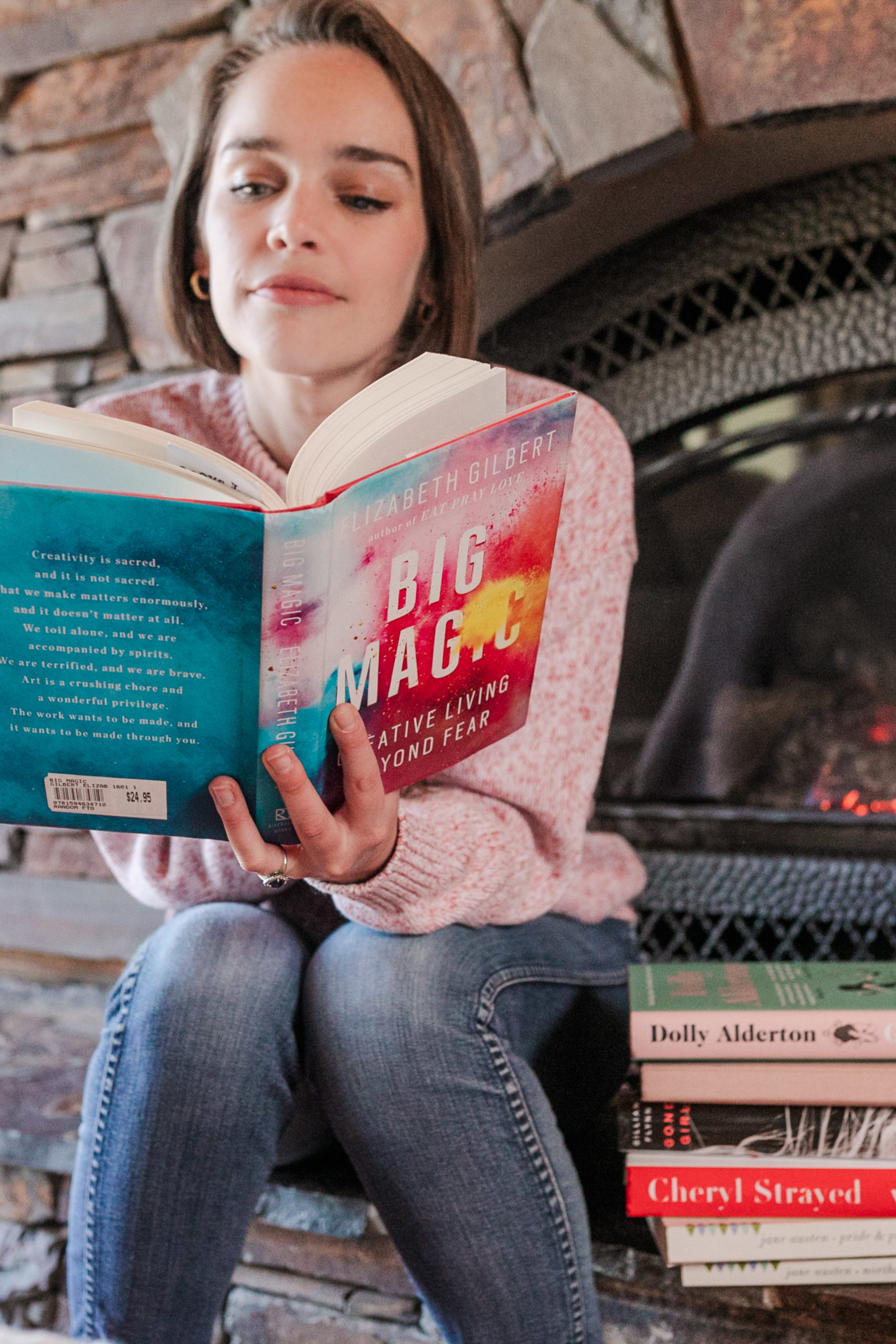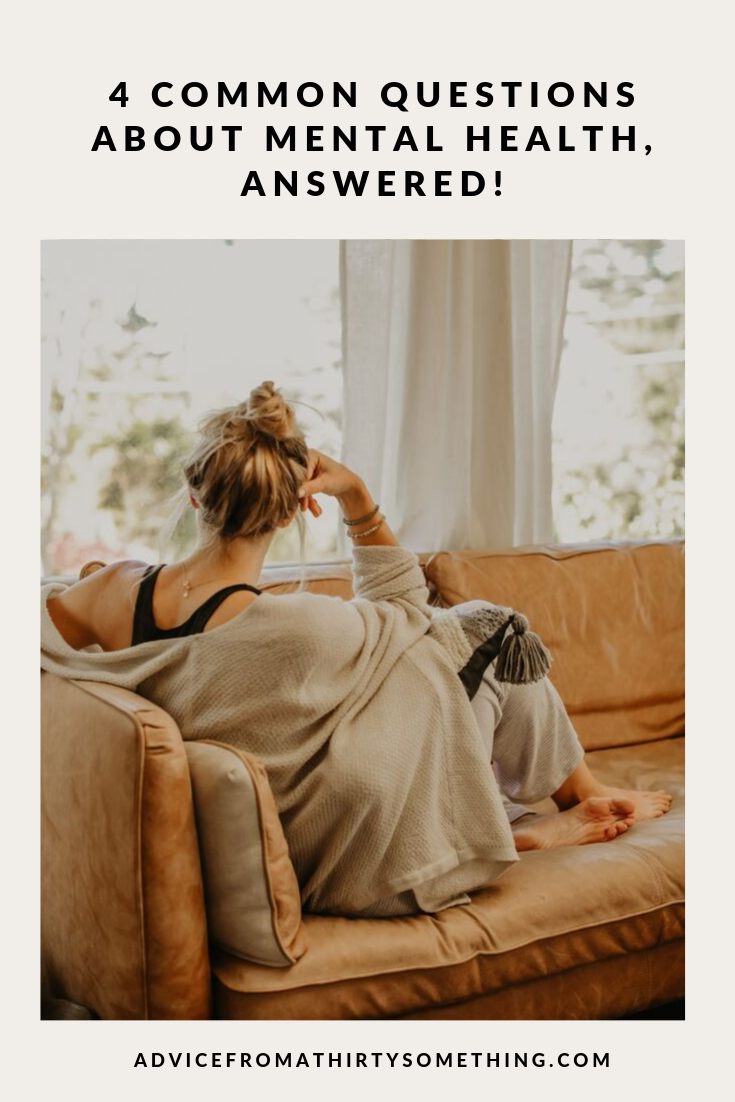4 Common Questions About Mental Health, Answered!
posted on September 19, 2019 | by Molly Bender
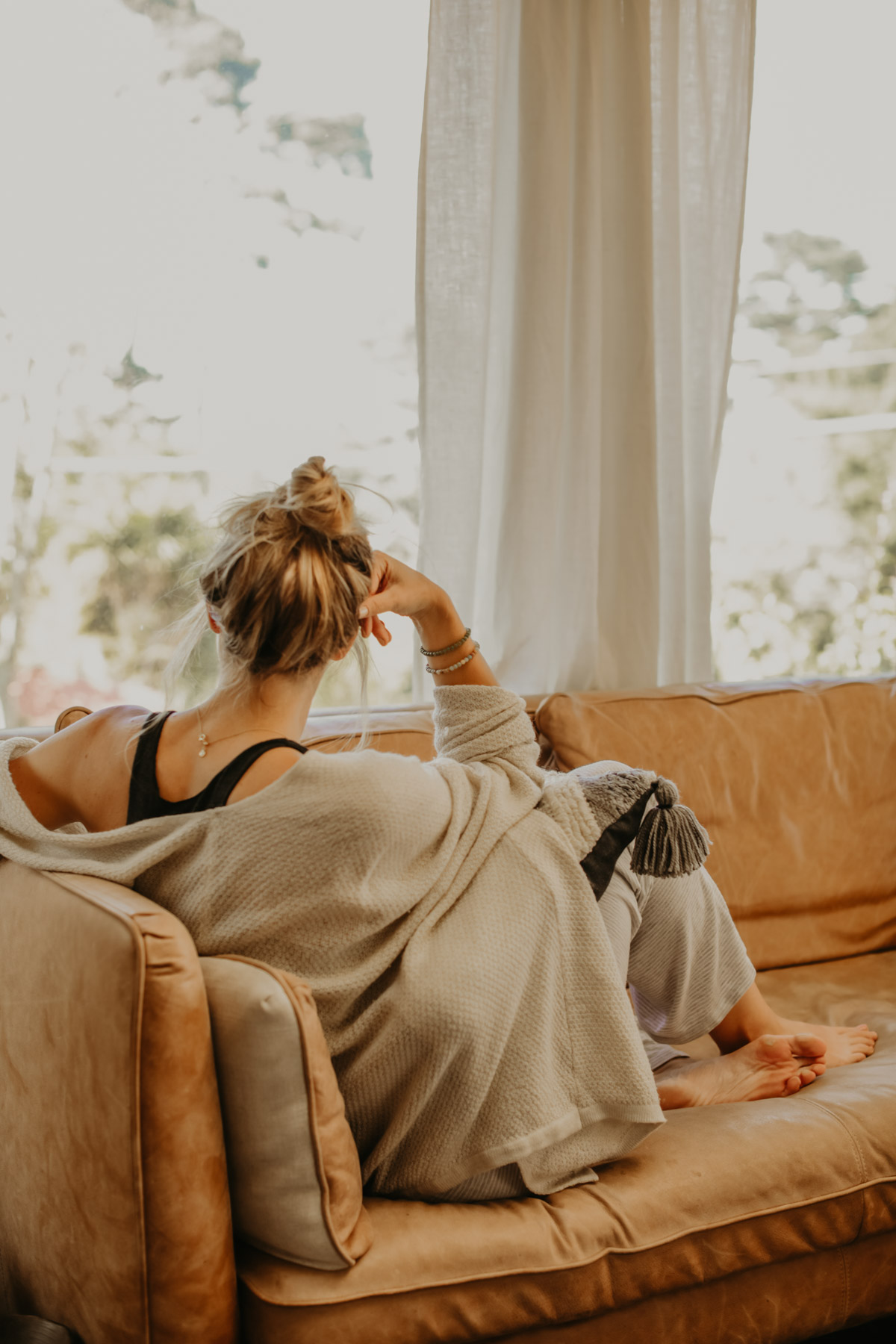
We’re big proponents of talking about mental health in a real, no-filter way and pride ourselves that we aren’t afraid to discuss how hard it can be to deal with. Especially since these days, anxiety and depression seem to be prevalent during this decade, we don’t want to hide the fact that a lot of us have been through it. Included in that group is our awesome mental health contributor, Molly, who we’ve brought on not only to write about mental health but to answer your own questions about it!
Molly has dealt with mental health in her own life and has tried many different treatments including medication and, for the last three years, therapy. She’s not a doctor or a therapist, just a regular girl like us who lives with mental health hurdles in her life. If you have any mental health questions you want advice on, feel free to leave them in the comment section so Molly can tackle in her next Q & A.
How to go on your apology tour after a down / depressive episode where you ignored loved ones?
Lead with honesty. Ever since I started my Instagram about mental health and opened up about my experiences with anxiety and depression, so many friends have messaged me with how they can relate. Whether or not you’ve had a diagnosis, we’ve all been there. We’ve all had valleys among the peaks.
“I’m sorry. I haven’t been there for you as much as I’d like to be. I’m coming out of a wave of depression but I’m feeling better and I’d like to reconnect. Are you available for a phone call date tomorrow?”
Sometimes we can get caught up being the main characters of our lives and we can mistake our friends’ absences as a reflection of our own character. The thing is we have no idea what’s going on in their lives and vise versa. So tell them. And then act. Schedule something. Show that you mean what you say and that you’ll show up.
How to open up to others and be vulnerable as an introvert with social anxiety?
Yikes. I actually think social anxiety makes it harder to be vulnerable than the introvertedness. I’ve come to accept being an introvert without prescribing it any value. I love hanging out with people but, for me, it can just get tiring. That doesn’t mean that it’s bad, it just means I have to make room to recharge later.
Social anxiety, though. That’s where the yikes comes in. Lately, my go-to move is acceptance and honesty. Also, can we all just be a bit easier on ourselves?! The most recent time that I felt social anxiety was when I went to an event by myself. It was actually a mental health talk which made things somewhat easier. But I showed up alone and I didn’t know anyone. I was standing there, surrounded by small clusters of women chatting and eating appetizers and drinking wine out of cute little plastic cups and, for a moment, was like NOPE.
But then I took a breath and allowed some pride to come in. I was proud for RSVPing and driving there and getting out of my car and actually putting my body in that space. Now, I just had to talk to someone. Or not. I could just stall until the talk started and then we’d all be listening to the speaker and then I could leave.
I got some wine and stood there trying to look chill and casual. And, you guys, I saw another woman standing there alone drinking wine seemingly trying to look chill and casual. We’re all in the same boat. I went over to her, I think I complimented her haircut, and then said something along the lines of, “I’m so nervous, I don’t know anyone and I’m so bad at socializing.” She was feeling exactly the same way! Then we talked about how we’re just trying to do a good job and put ourselves out there and, from there, it all got a lot easier.
Overall, I think there’s a power that comes with calling the thing out. It can be disarming to know that your worries aren’t flaws. We’re all worrying. Be kind to yourself and don’t put so much pressure on yourself to open up. Do what you can. Vulnerability and friendship both take time. The best thing you can do is practice and show up. And the more you practice, the easier it’ll get to show up.
How to combat loneliness when you work from home full time?
I’m still working out how to combat loneliness and I have a job that is out in the world! Here are some things I do when I’m feeling lonely that hopefully can help:
I initiate conversations with friends via text. It’s quick and, most of the time, it’s easy to do. (Though sometimes I overthink it, have no idea what to say, and don’t want to be a bother.) Just sending a text can help me feel more connected to people. Even better, I schedule phone dates with my bff who lives across the country.
I go out into the world. I go to a coffee shop or I go for a walk down a cute street busy with people who are out living their lives. Sometimes, “out in the world” can even mean messaging people I’m friendly with on Instagram and respond to something that is thought-provoking or send them something I think they would enjoy. It pulls me away from feeling like a passive observer. And, most effective, I look for fun things I want to do or places I want to explore and get friends to do them with me! Scheduling something and having something to look forward to, for me, is half the fun.
Just a reminder: people need people. We’re built to thrive in a community and so it naturally doesn’t feel good when we isolate ourselves. Don’t feel bad about needing people, and what often helps me is knowing that we are all lonely and we are all looking for someone to reach out to us.
How do I find a good couples therapist?
The struggle of finding a good therapist is real. And by “a good therapist,” I mean one that is right for you. (This article should help.) So many things have to align for it to feel like a good fit. But, to be honest, I’m shocked that couples therapy isn’t the norm, especially among married couples. Humans are so complex and trying to build a healthy marriage without any guidance or assistance is hard!
First and foremost, going to therapy is a team sport. Your therapist will be there (it’s literally their job) but you also have to show up and be ready to play (I can’t believe I’m still using a sports metaphor). I went to a few therapists before I found one that seemed like a good fit and sometimes I think the first few didn’t work because I just wasn’t ready for therapy yet.
Later, when my partner and I were looking for a couples therapist, we found ours on the first try. So before going in search of a therapist, do some self-examination and, in this case, examine with your partner. Talk about what you want to get out of therapy, what the benefits might be, and what mind be hard or weird about it. Have an open mind and make some space for all of the feelings.
Second, setting expectations is a must. Many therapists offer consultations to see if it’s a good fit so do that and ask a bunch of questions. Also, tell them what generally works or doesn’t work for you. You are trying to see if they are a good fit just as much as they are trying to evaluate if and how they can help you.
Then, there is insurance. If you’re lucky enough to have mental health coverage, use it! Work with your insurance provider to find some therapists that are covered. Only paying a copay for therapy is a luxury and I feel like it should be taken advantage of more often.
More questions for Molly? Leave a comment below!
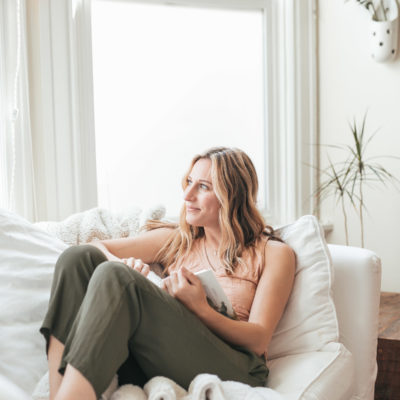 Why I’m Seeing a Therapist Even Though I’m in a Good Place
Why I’m Seeing a Therapist Even Though I’m in a Good Place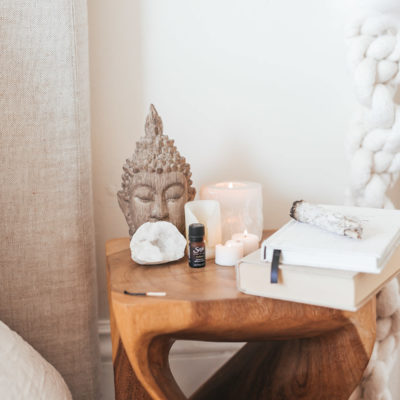 Everything You Need to Know About Essential Oils
Everything You Need to Know About Essential Oils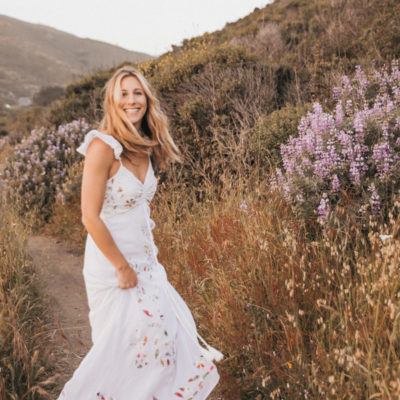 Welcome to Advice from a 30 Something!
Welcome to Advice from a 30 Something!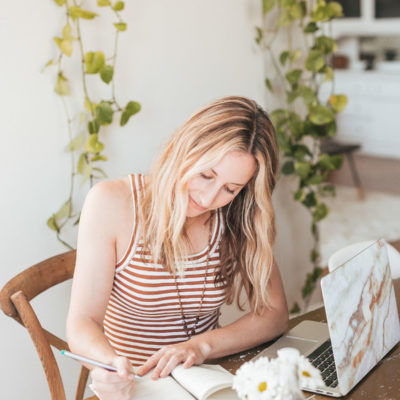 5 Smart Money Habits To (Finally) Nail This Decade
5 Smart Money Habits To (Finally) Nail This Decade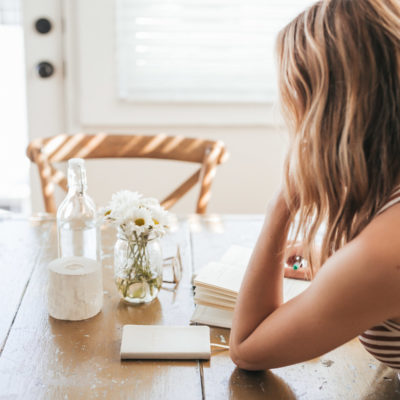 The 5 Best Podcasts for 30 Somethings
The 5 Best Podcasts for 30 Somethings Our First Home: The Before Photos & Renovation Plan
Our First Home: The Before Photos & Renovation Plan An Indie Dinner Party Playlist
An Indie Dinner Party Playlist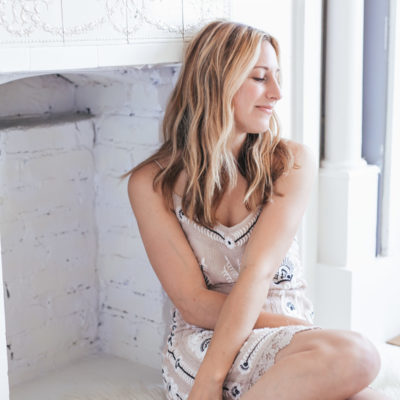 3 Tips for Low Maintenance Hair Color
3 Tips for Low Maintenance Hair Color How to Take Better Care of Your Clothes
How to Take Better Care of Your Clothes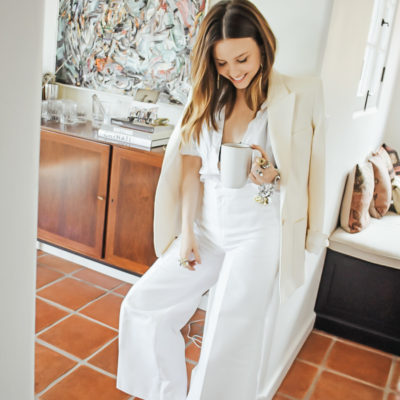 4 Quick Tips for Making An Outfit More Flattering
4 Quick Tips for Making An Outfit More Flattering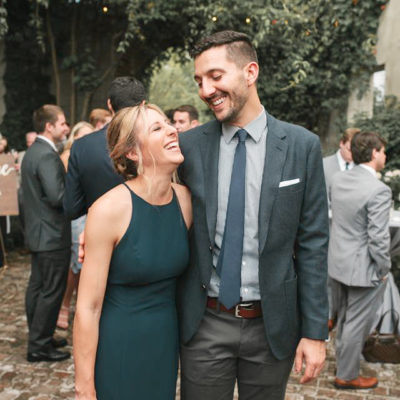 Screw Timelines: Why We Bought a House Before Getting Engaged
Screw Timelines: Why We Bought a House Before Getting Engaged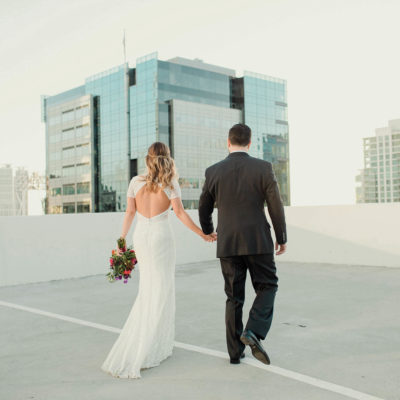 Why I Waited Until My 30s To Get Married
Why I Waited Until My 30s To Get Married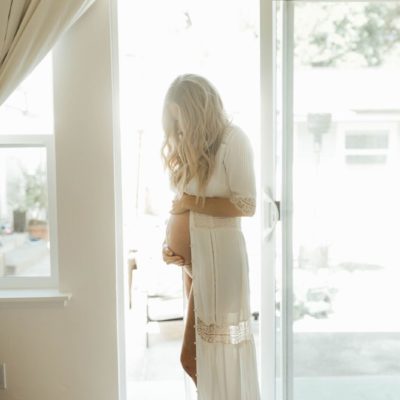 10 Things You Didn’t Want to Know About Birth (But Kinda Need To!)
10 Things You Didn’t Want to Know About Birth (But Kinda Need To!)


